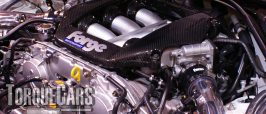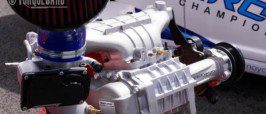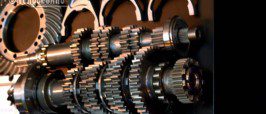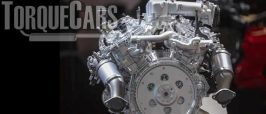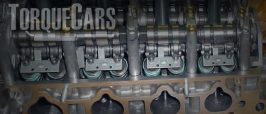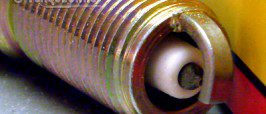Bristol Tuning Tips and Modifications
Maximise your Bristols driving pleasure
Thank you so much for visiting TorqueCars, we love Bristol’s and see quite a few interesting projects.
If you are looking to build the ultimate Bristol then you’ve found the right place.
Our tuning tips and articles for the Bristol cover all the best mods and latest tuning methods to help you build a great modified Bristol.
With the help of our forum members, industry professionals and seasoned car modders we present a best practice guide to modding your Bristol.
Please join us in our forums, we love to hear what members are up to and it helps us spot trends so that we can ensure the site is always covering the latest and greatest tuning topics.
Feel free to drop a tip or suggestion on the comments box at the bottom of each and every article, this feedback is greatly valued and helps us refine our articles.


So what exactly is engine knock and how dangerous is it? What causes engine knock and how can it be avoided?
You may notice a knocking or rattling noise from your engine or a sudden loss of power under full throttle.
Immediately back off the throttle and only use low rpm engine speeds until you can get the engine investigated.
The chances are that you are suffering from a condition known as “engine knock”.
Particulate filters and FAP Performance gains.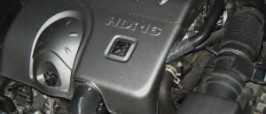
The particulate filter is a stand alone unit. It is located upstream of the cat in the exhaust system and its purpose is to remove soot particles from the gas stream. The cat the proceeds to do its usual job of converting CO to CO2 and is in no way dependent or relied upon by the particulate filter.
In diesels the cats are two way devices and run in unregulated mode (ie. no O2 sensor like a petrol car).
Silicone hoses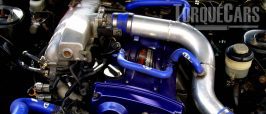
Guide to Silicone hoses So will silicone hoses improve performance? What are the benefits and pros from replacing your rubber […]
Hybrid turbos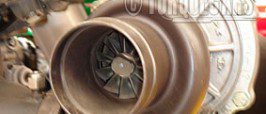
As a rule the turbo engines are stronger than the NASP equivalents and are able to handle substantial power gains.
The key thing in a turbo engine is the flow rate that can be generated and this depends largely on the internal profiles of the impellers inside the turbo.


